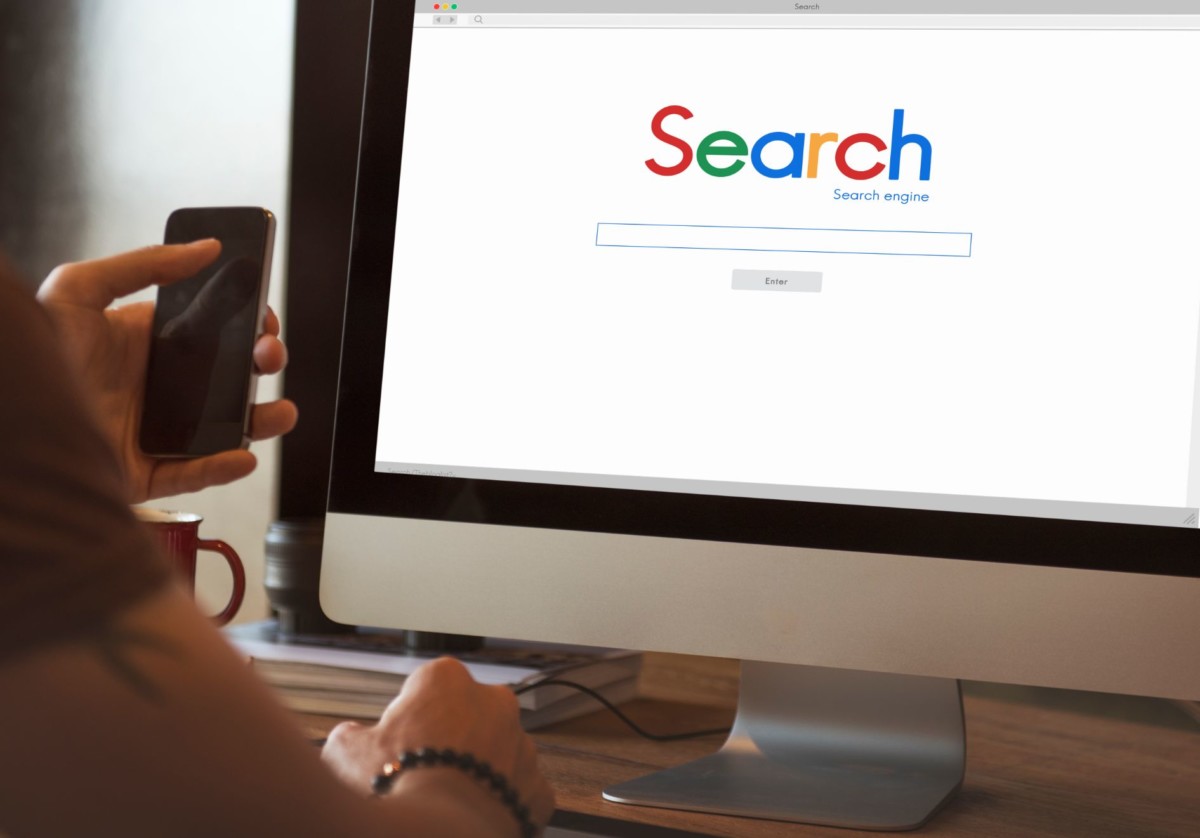We do almost everything online today. Search results determine where we go to college, which jobs we get, where we eat, and sometimes even who we end up dating. Knowing how to safely and efficiently search online is becoming an essential skill in navigating the digital marketplace of the Google-dominated internet environment.
This article will go over a few of the dangers to watch out for when searching online and a few of the alternatives that you can use to Google to make it safer for you.
The Risks of Searching
Before we go over alternatives, we have to talk about the risks you may not even think about when you search online using a huge site like Google.
A “lead generator” is a company that exists to collect and distribute information about you based on your searches. It identifies you as a consumer of a particular service and gives you pages related to what you’re looking for. Google is notorious for using them.
The problem is that the sites these companies can send you to through a Google search can have devastating consequences. Someone searching for information about a loan or money lending, for instance, could end up being the victims of dangerous scams based purely on information collected and redistributed by an untraceable system of companies.
For many people, finding safe alternatives to search online is becoming an essential part of navigating the modern internet space.
1. MetaGer
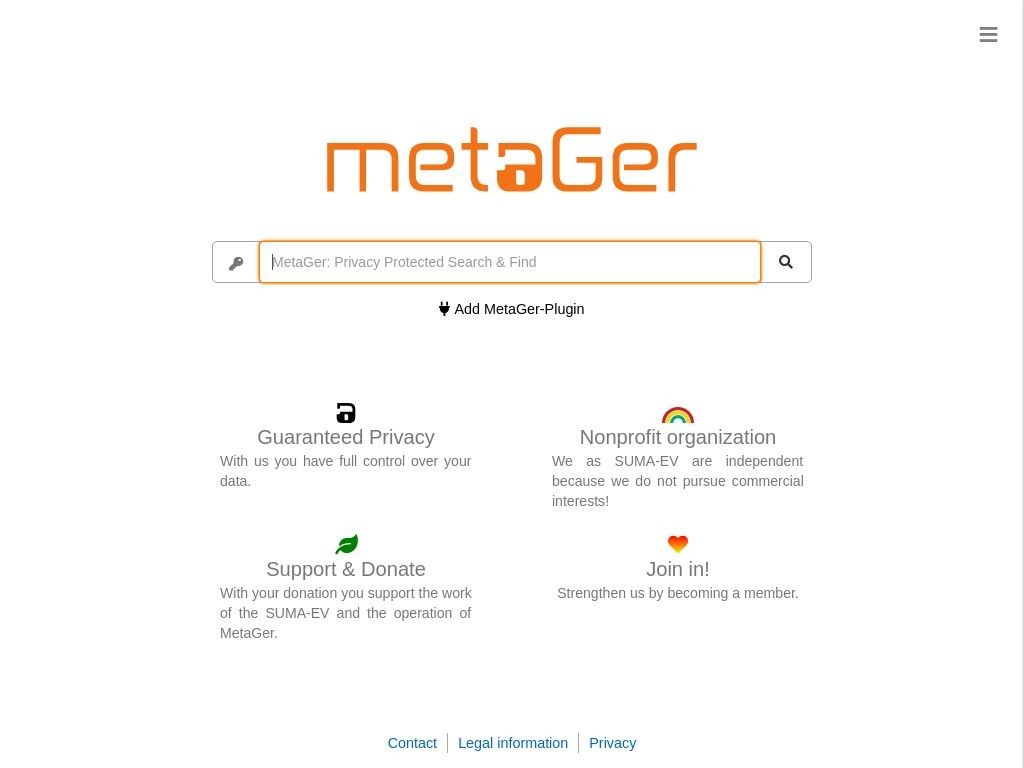
MetaGer is a non-profit, open-sourced search engine that promises your queries will remain anonymous. It contains no trackers or cookies and conducts all its searches through a proxy server. Like many engines on this list, MetaGer collects results from other engines and shows you where the results came from. It also allows you to filter those results.
It’s a good starting point for those looking for a more private experience.
2 . DuckDuckGo
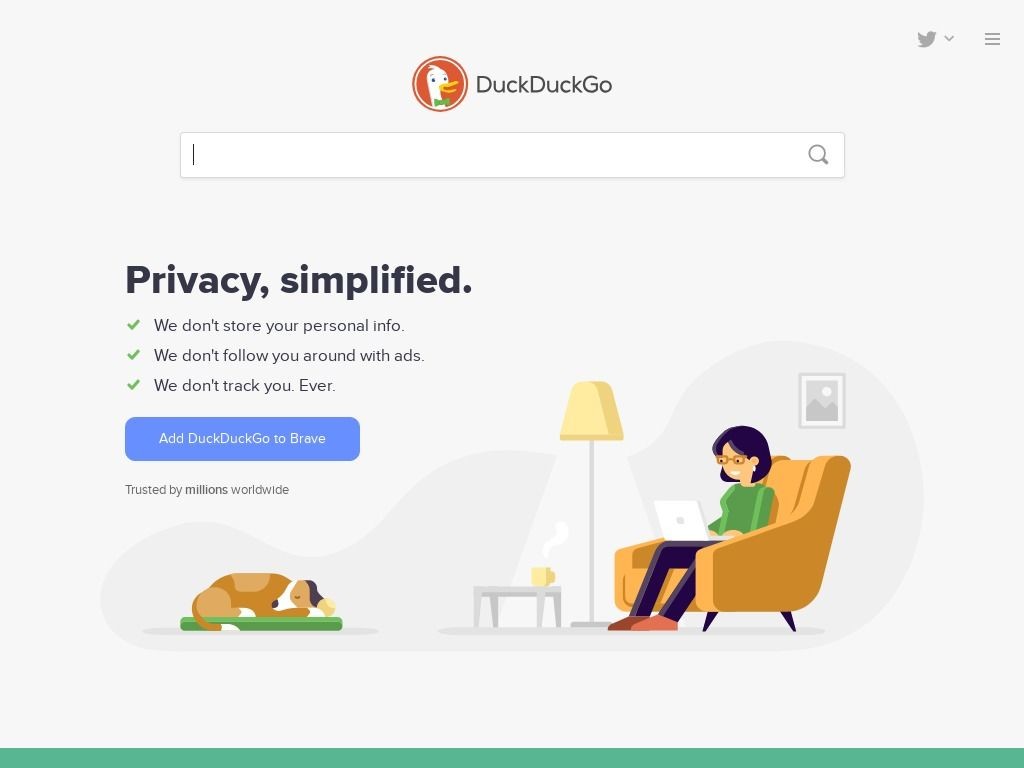
This is a big one. DuckDuckGo has promised in its detailed privacy policy never to collect or store your personal information and people have been banking on that since it was created in 2008. Unlike some of the more extreme privacy options, DuckDuckGo does store your search history on its servers and also makes ad revenue from Amazon and eBay-affiliated ads.
Note however that this is not the information storing and stealing that you have to worry about. There’s a huge difference between storing data and conducting business through data collectors that generate leads based on your history.
3. Swisscows
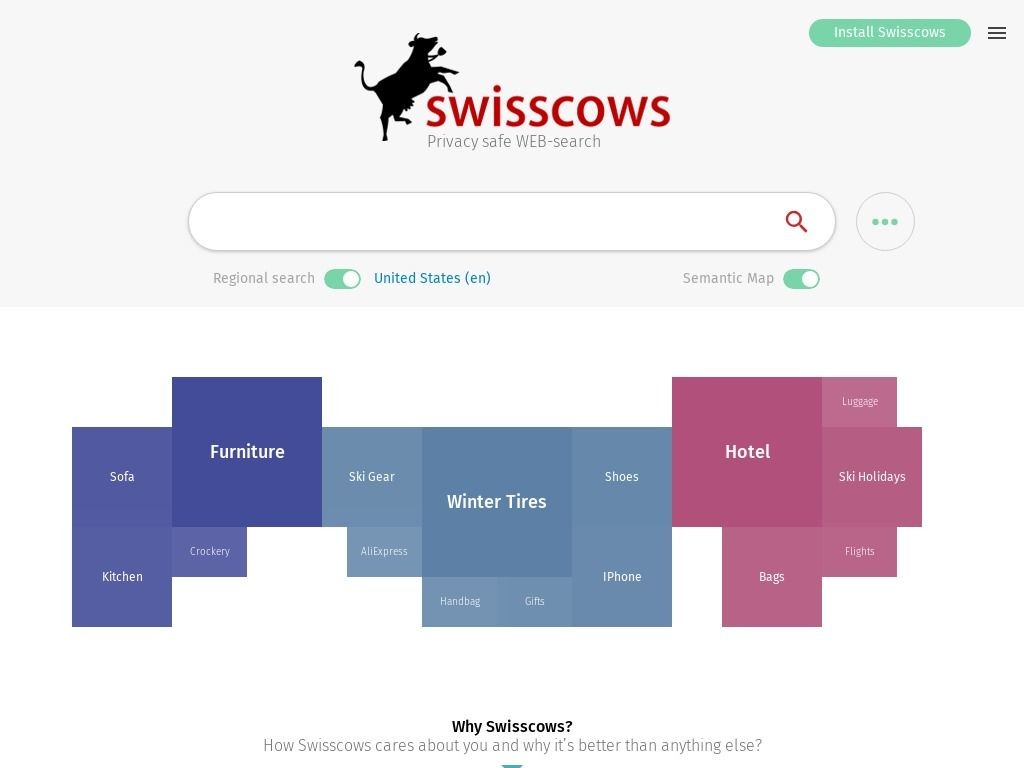
Another pretty extreme measure in the realm of privacy, Swisscows is so private that its servers aren’t even above ground. It has its own data centers buried in the Alps (no, really) that run your search results without the aid of any other parent or affiliate companies.
Switzerland is known for its keen privacy laws and Swisscows is no different. They promise on their site that absolutely no data is collected from your browser or device when searching with their system. Those looking for an insanely secure experience may find it here.
4. Searx.me
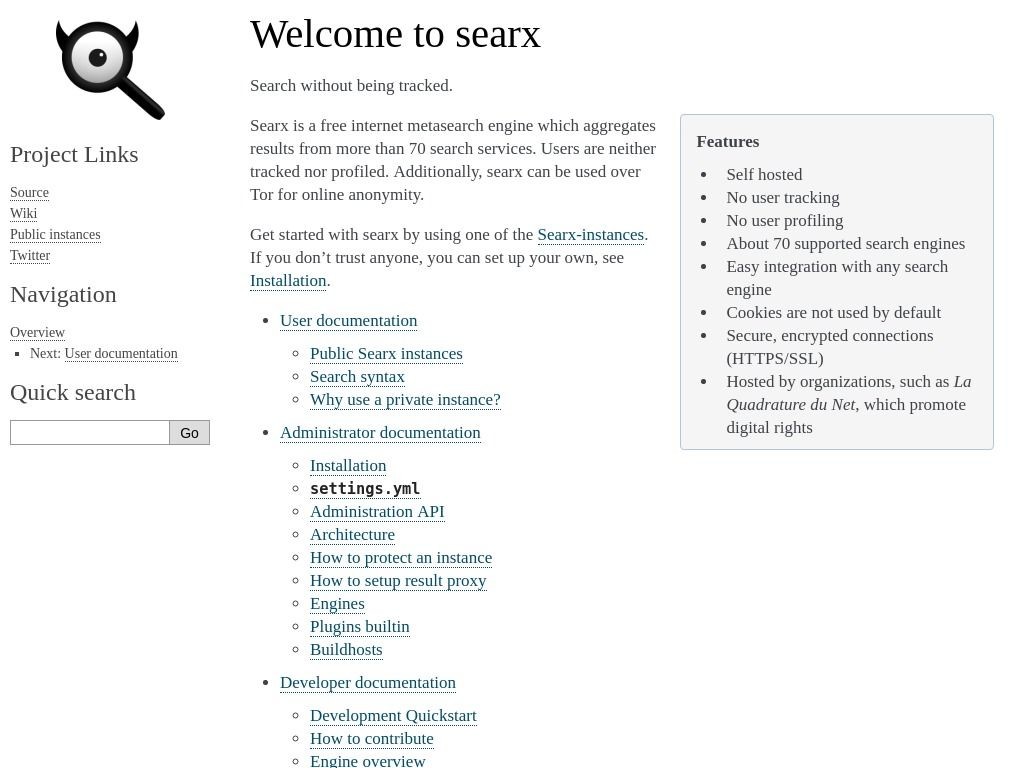
For the most user-centric experience available, Searx.me offers a ton of options that the other engines can’t. Since the search engine runs on open-sourced software, users can acquire it on Github and change the system themselves to give themselves their ideal search engine experience.
As many of these alternatives do, Searx combines results from more popular search engines and gives them to you without the data collection and privacy breaches. Right on their homepage, they brag that this is the search engine for people who don’t want to be tracked, so you know what you’re getting when you use them.
5. Hot.com
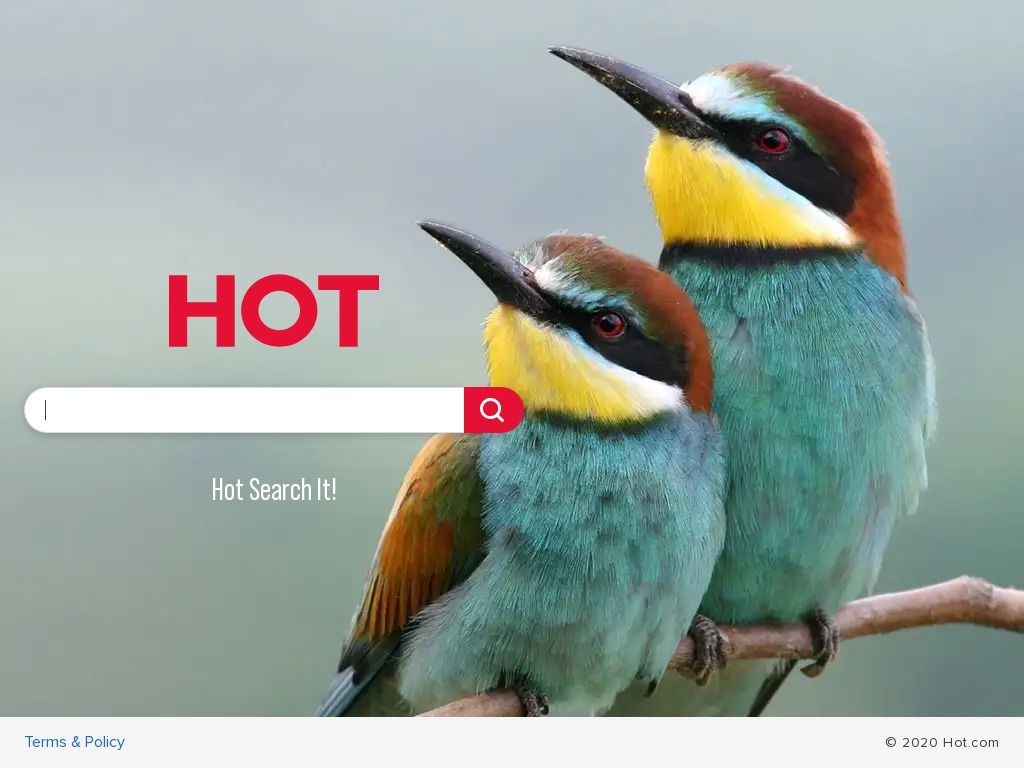
Another great alternative search engine is Hot.com. This search engine prides itself on protecting its user’s privacy and information. None of your information is stored like with the bigger search engines.
Conclusion
Your safety online may be an even bigger priority to you than your efficiency, but that doesn’t mean you have to sacrifice one to get the other. These are some of the most popular options for finding alternatives to Google’s search engine while also protecting your private information from companies that want to sell it.
Not all personalization is bad but being too free with your information online could lead to problems for you later on. Consider these as safe alternatives worth experimenting with. You may find a unique interface that you like better than the norm, even before you realize all the benefits you get from using it.

